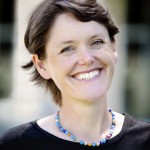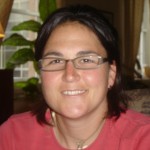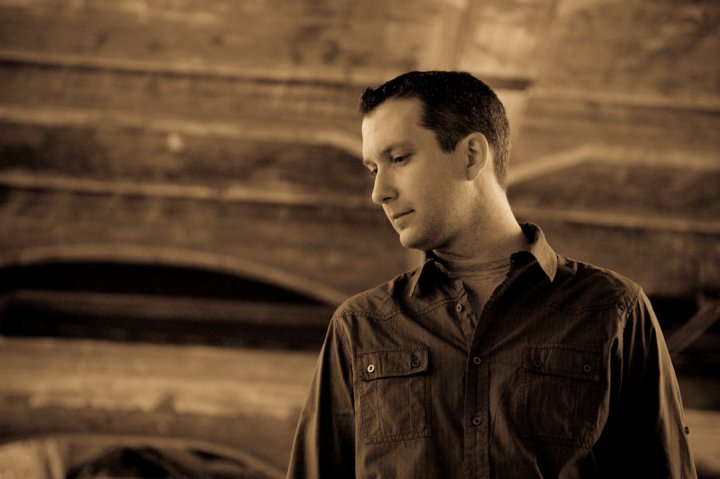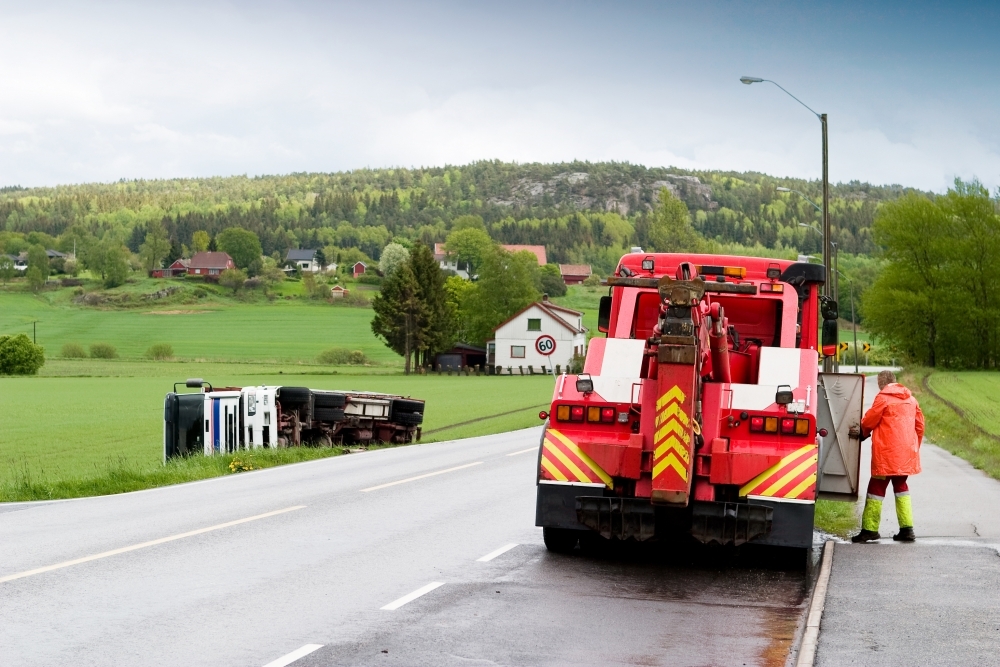Robert’s life direction
- At April 30, 2012
- By Nathan
- In Meeting Needs
 0
0
Purpose. Focus. Energy. Direction. People tend to pick up speed when they are moving towards a clear destination – when they are going somewhere that matters.
His household buzzes with activity as he sits down to grab a quick lunch on his front porch in Lennoxville, Quebec. It is a warm summer day. Sure enough, the phone rings. This time it is Hulio, the head soccer coach at the University of Sherbrooke and a friend. As the assistant coach of the team, Robert quickly flips into French and talks about the upcoming game against Carlton University in Ottawa.
As they talk, a few questions come to mind that others have already asked many times before:
What would make a guy from Arkansas move his family all the way to Quebec? How did he learn to speak French and become so good at playing soccer? Why is church planting a major focus in his life? And what exactly is collegiate church planting all about anyway?
For Robert is a long way from home and doing something a little different. People ask.
Making things happen
Coaching a sports team is something that many people in Canada and around the world are familiar with. Coordinating a collegiate church planting team? Not so much. Even people who go to church regularly might now know much about that.
But both teams appear to be coming together. And with the second team, Robert doesn’t seem to be making quite as many calls – or at least not the same kind.
“I pray,” Robert says, “God…send me leaders, send me leaders. And they call me out of the blue.”
Carl called him up not too long ago. Told him that his wife just got a job at Bishop’s University and that they were moving to the Sherbrooke area. Carl just happened to be one of the key leaders at a collegiate church plant at McGill University in Montreal. When Robert suggested that maybe he could get involved with the new church plant at Bishop’s he quickly replied: “Robert, that is why I am here.”
I believe that God puts a call on our life for whatever ministry He gives us
Oh, and as it turned out, there was a large common area in this building that would be perfect for larger groups. He could picture the new worship team – young people who were so enthusiastic about getting involved – singing in front of a group of students.
With one week to go before the launch, everything seemed to be coming together.
“French Canadians are so turned off by the church,” Robert says, as we talk on his front porch on an August afternoon, “but mainly by a misconception of what church is.” He knows from personal experience that there are a lot of good things happening in local churches. But the problem is that most university students tend to avoid anything that looks like a traditional church.
He hopes that his team will be able to provide a non-threatening environment where Christian students can be the church and communicate the gospel.
He will soon find out.
Gaining momentum
Robert used to speak French, play soccer, and focus on collegiate church planting in Mali, West Africa – a predominately Muslim country. But in 1999 the Southern Baptist International Mission Board did a study about unreached people groups in the world. “Much to everyone’s surprise,” Robert says, “French Canadians made it to the top 10.” A goal was established to start 1,000 churches throughout Canada by 2020 with 200 new churches in Quebec.
And so, Robert and Sharon were transferred from Mali to Montreal. They arrived at McGill University with their family in the summer of 2000 ready to begin.
But he hadn’t always been interested in collegiate church planting. After graduating from Washtall Baptist University in Arkansas, he worked as a campus minister for four years. During much of that time he understood his role as being secondary to the local church. But that would change. For a lot of students expressed frustration with their church experience primarily because they couldn’t seem to find a meaningful way to get involved and use their gifts.
A collegiate church plant succeeds, he says, in part because students have to get involved, they have to step up, step out of their comfort zone, and take leadership roles.
They have to focus.
“I really believe in teams.” Robert says, “God has always put a team together, and I am just a part of that team.”
Growing up in Africa, on the Ivory Coast, he watched his father try to understand other cultures so that he could communicate the gospel. In Quebec, in French culture, Robert says, people place a very high value on humanitarian work. People feel that it is very important to help others in practical ways, even though they may not necessarily be helping others much themselves. But since this value is consistent with Christian conviction, and also serves as a bridge to the gospel, his team makes a point of serving others in many practical ways.
Students from the Eglise Renaissance church at the University of Sherbrooke have made three trips to Haiti since the devastating 2010 earthquake. Then there is the “Coats for kids” program in the winter which is designed to help needy children. The student church also works with Invisible Children, an organization devoted to raising awareness and providing support to child soldiers in the Congo. And when the Richelieu river valley flooded in Quebec in 2011…young people connected to the church were there to help.
The student church at Bishop’s University will be the sixth church or collegiate church plant that Robert has helped to launch. Two in Mali, two in Montreal, and now two in the Eastern Townships. In Quebec, a primarily French-speaking province in an English-speaking country, it seems appropriate that two churches function in French, while two will hopefully soon operate in English.
Time will tell.
Learning along the way
“Church planting can be tough on the family,” Robert says, as he finishes his lunch. It involves a lot of evening work, and a considerable amount of moving – both of which can be very disruptive to family life. All the moving around was particularly difficult for his oldest daughter. Moving from Arkansas to Mali to Montreal to Sherbrooke, and from house to house in between major moves, was too much.
But after realizing how important stability was for his kids, Robert made some adjustments. When they moved to the Sherbrooke area in 2005 he promised that this would be their home until they finished high school. His girls are really glad he did.
Protecting his family time, 3:00 pm to 6:00 pm each day, and Friday, Saturday, and Monday evenings has also helped.
The work itself can also be discouraging and difficult. During the dark times, he reflects on his strong sense that this is what God wants him do be doing with his life. He acquired this sense of “calling” in part by talking about life direction possibilities with important people in his life. “I believe that God puts a call on our life for whatever ministry He gives us,” Roberts says.
He also reaches out to friends he met through a collegiate church planting organization: one guy from Texas and another from Louisiana have been a real source of encouragement in his life. He looks forward to meeting with them every August.
While there hasn’t been a large response to his church planting efforts, there has been a positive response. This makes it all worth it. And he wasn’t looking for an easy assignment anyway. He feels that the easy road is not always the best road.
On another positive note, his family has been very warmly received by the Christian community in the Sherbrooke area. “Everywhere we turn, a Christian family says encouraging words to us, ” Robert says as he smiles. He feels at home.
At the same time, he views his adopted home as a great mission field. There is a lot ofspiritual warfare. All is not well in this beautiful place. He prays constantly. He knows from experience that just when he thinks things are going well – BOOM!…they are not going well. And yet, Robert talks about seeing God doing amazing things.
For Robert Pinkston, talking to God seems to be as normal and natural as sitting on his front porch on a warm summer day.
Looking ahead
Move to a new place. Start a church. Train leaders. Move on. This has been Robert’s focus during the past 15-20 years, and he is not planning on changing his life direction any time soon. In a few years, the collegiate church plant at Bishop’s University should be established, his girls will have grown up and graduated from high school, and Robert and Sharon will be anticipating their next assignment. Lavel? Quebec City? He is not exactly sure where it will be, but they will be moving on.
People tell him all the time that they couldn’t do what he does. But he doesn’t agree. Aside from having a natural tendency to quickly adjust to a new place, Robert says he really isn’t any different from anybody else. And he isn’t alone. He couldn’t do what he does, he says, without the support of a Christian organization like the Southern Baptist International Mission Board. They provide language training, cultural training, and all sorts of other things.
Even so, in talking with Robert, it seems like he has found his place in God’s world. Speaking French and playing soccer from an early age, being raised in another culture by church-planting parents, getting invited to join a campus ministry right out of seminary, and marrying someone who also had a missionary call – each part of his past plays an important role in terms of what he is doing right now.
And later on this afternoon.
For Robert Pinkston, life is busy but life is good. And nothing seems impossible with God.
© Career & Life Direction 2012. All rights reserved.




































